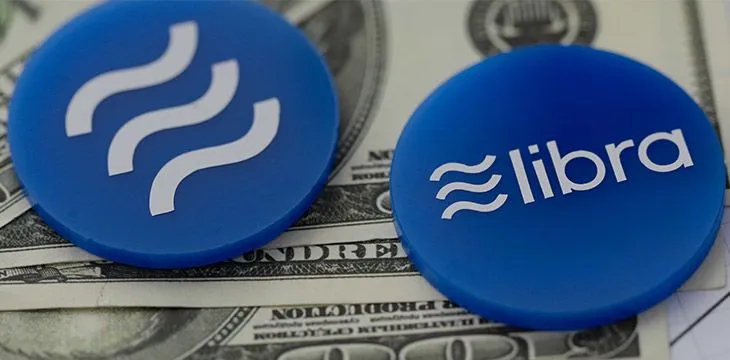|
Getting your Trinity Audio player ready...
|
As much as regulators don’t want to allow cryptocurrencies to be on par with fiat, they are also willing to accept the fact that digital currencies are almost certainly going to be the future. After seeing what is planned with Facebook’s Libra stablecoin, financial leaders in the European Union (EU) are now calling for discussions on the possible launch of a digital euro, which would counter private stablecoins such as Facebook’s offering.
According to Reuters, the presidency of Finland has drafted and presented a plan to develop a European stablecoin. The Finnish government also emphasizes in its paper that an EU-wide framework for crypto should be adopted by financial regulators in order to ensure all countries are on the same page.
The document reads, in part, “The [European Central Bank] and other EU central banks could usefully explore the opportunities as well as challenges of issuing central bank digital currencies including by considering concrete steps to this effect.” If EU countries like what Finland has prepared, when their finance ministers meet this Friday, the proposal could be accepted as early as next month.
Private stablecoins like Libra may be more closely related to securities than to currency. The International Organization of Securities Commissions (IOSCO) got together on October 30 to discuss the subject, among others, and took a long, hard look at the impact private stablecoins could have, as well as whether or not regulations for the securities market should apply. The takeaway by IOSCO’s board was yes, regulations should apply, and it supports initiatives already addressed by the G20 to provide better oversight of the space.
The Chair of the IOSCO board, Ashley Alder, explains, “Our analysis has shown that so-called ‘stablecoins’ can include features that are typical of regulated securities. This means IOSCO Principles and Standards may apply to stablecoins depending on how they are structured, including those related to disclosure, registration, reporting and liability for sponsors and distributors.” He adds that the organization will continue to work with global initiatives to provide guidance for stablecoins, as well as facilitate the sharing of information on those initiatives to securities market regulators across all pertinent jurisdictions.
While the world appears to be moving toward some type of government-backed digital currency and doesn’t appear to be giving Libra the support Facebook had expected, executives with the company expect the stablecoin to continue to push forward. However, it appears that seeing it reach a level of acceptable maturity is a question of decades, not months or years.
The VP of product for Libra’s Calibra wallet, Kevin Weil, stated during the Web Summit tech conference held recently, “This is not going to be a thing that spreads like a social network. This is going to be the work not of years but of decades, and it’s worth making.”
A lot can change in just a year; having to wait decades for Libra to realize its full potential doesn’t seem to be the best use of resources. With China, the EU and others ready to introduce, or making preparations to possibly introduce, their own digital currency, there’s little doubt that these will prevail well ahead of Libra.

 07-02-2025
07-02-2025 





